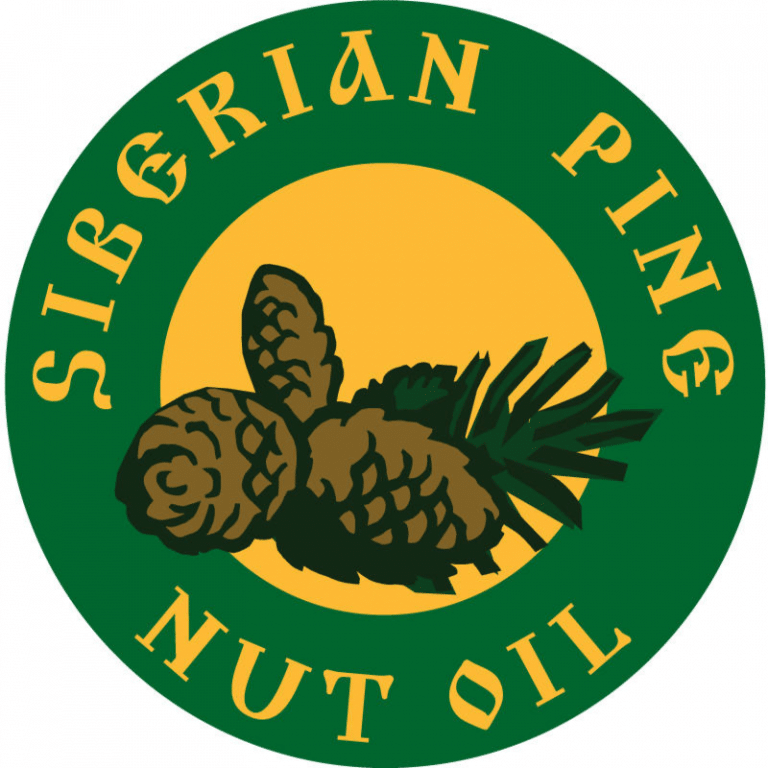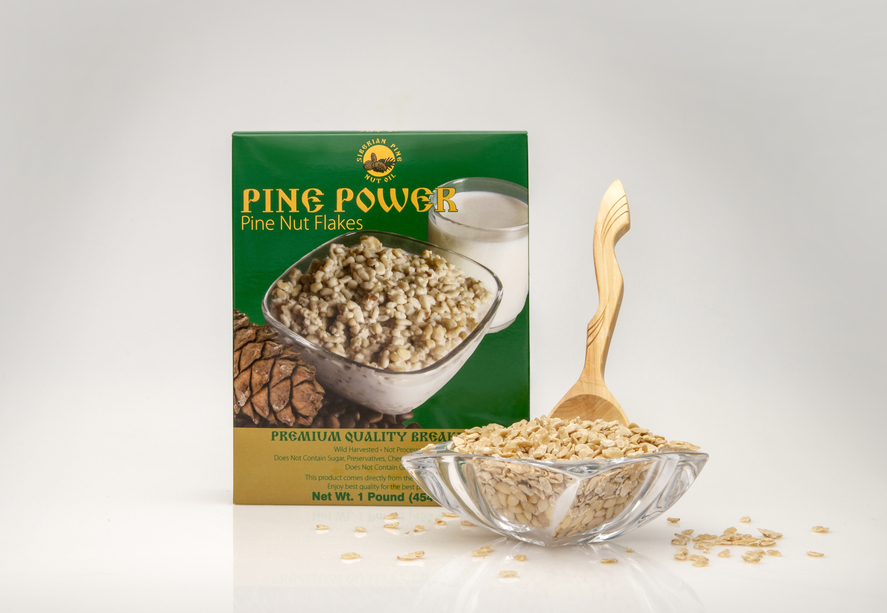The number of neuroendocrine, immune, and allergic diseases among children and adolescents is growing every year. This fact is greatly influenced by the detrimental effects of the environment. To help your children fight the negative influences of the external environment and strengthen the child’s immunity, it is extremely important to compose a balanced diet for them. A healthy diet is the key to harmonious physical and psychological development.
Healthy eating habits should be built from an early age. Parents should teach their child to choose healthy foods, giving preference to natural foods rich in vitamins and minerals.
The four basic principles of child nutrition
- Diversity. The diet should include: fruits and vegetables,fish, milk and dairy products, and grain products (bread, cereals).
- Correct number of meals. Children of preschool age are recommended to eat 4-5 times a day; at school age it is advisable to eat 4 times a day. The meal schedule should always be the same in order to develop a habit.
- Snacks should be healthy. It is better to have a snack with a fruit (for example, an apple) instead of chocolate or yogurt with additives.
- You should never skip breakfast. A healthy breakfast is the most important meal of the day. One of the options for a balanced, nutritious, and delicious breakfast is Pine Nut Flakes.
Benefits of “Pine Power” — Pine Nut Flakes for Children
Pine Nut Flakes are the flakes of the pine nut kernel – a completely natural mineral-vitamin product. It is a great source of protein, vital vitamins and minerals.
Pine Nut Flakes as a source of protein
Pine nut kernels are a source of vegetable protein, therefore it contains all the amino acids necessary for the human body.
Protein deficiency in kid’s nutrition can lead to stunt growth and body weight, problems of the formation of the musculoskeletal system, abnormalities in the teeth grows, anemia, metabolic disruption, and a sharp fall in immunity. [1] Even a small protein deficiency in young children leads to developmental problems. Pine Nut Flakes allow the child’s body to get the protein it needs. Note, plant protein is easily digestible.
Pine Nut Flakes as a source of vitamins
Pine Nut Flakes are rich in vitamins A, E, D, K, C, PP, and B. Each of these vitamins is important for the child’s body, and their deficiency leads to very serious consequences. Do not assume that vitamin deficiency in children is rare. Here is just one shocking example: according to a WHO report, vitamin A deficiency affects about 190 million preschool children worldwide [2].
Meanwhile, it is at an early age that the consequences of vitamin deficiency are most serious, leading to stunt growth and problems with mental development. Pine Nut Flakes can successfully prevent or correct hypovitaminosis.
Pine Nut Flakes as a source of minerals
Pine nut flakes are high in potassium, magnesium, phosphorus, copper, zinc, and iodine. Each of these microelements is important during the growth and development of all organs and systems of the child’s body.
E.g., iodine is necessary to improve the functioning of the thyroid gland; phosphorus, magnesium, and potassium are required for the correct formation of the musculoskeletal system.
The benefits of Pine Nut Flakes for the growing body cannot be overstated. Their mild sweet-nutty flavour makes kids crave flakes. Unlike processed muesli the pine nut flakes can be a great healthy breakfast.
M. M. Filippova, A.N.Alexandrov,
Tomsk State University, Tomsk, Russia
REFERENCES
[1] Thanangkul O, Damrongsak D, Vithayasai V, Olson RE. Clinical aspects of protein deficiency with special reference to protein calorie malnutrition (PCM) in children.
[2] Guideline: vitamin A supplementation in infants and children 6–59 months of age. WHO Library Cataloguing-in-Publication Data
These articles come directly from researchers and are passed on to everybody. siberianpinenutoil.org assumes no liability for any content in these articles. For Educational purposes only. This information has not been evaluated by the Food and Drug Administration. This information is not intended to diagnose, treat, cure, or prevent any disease.




